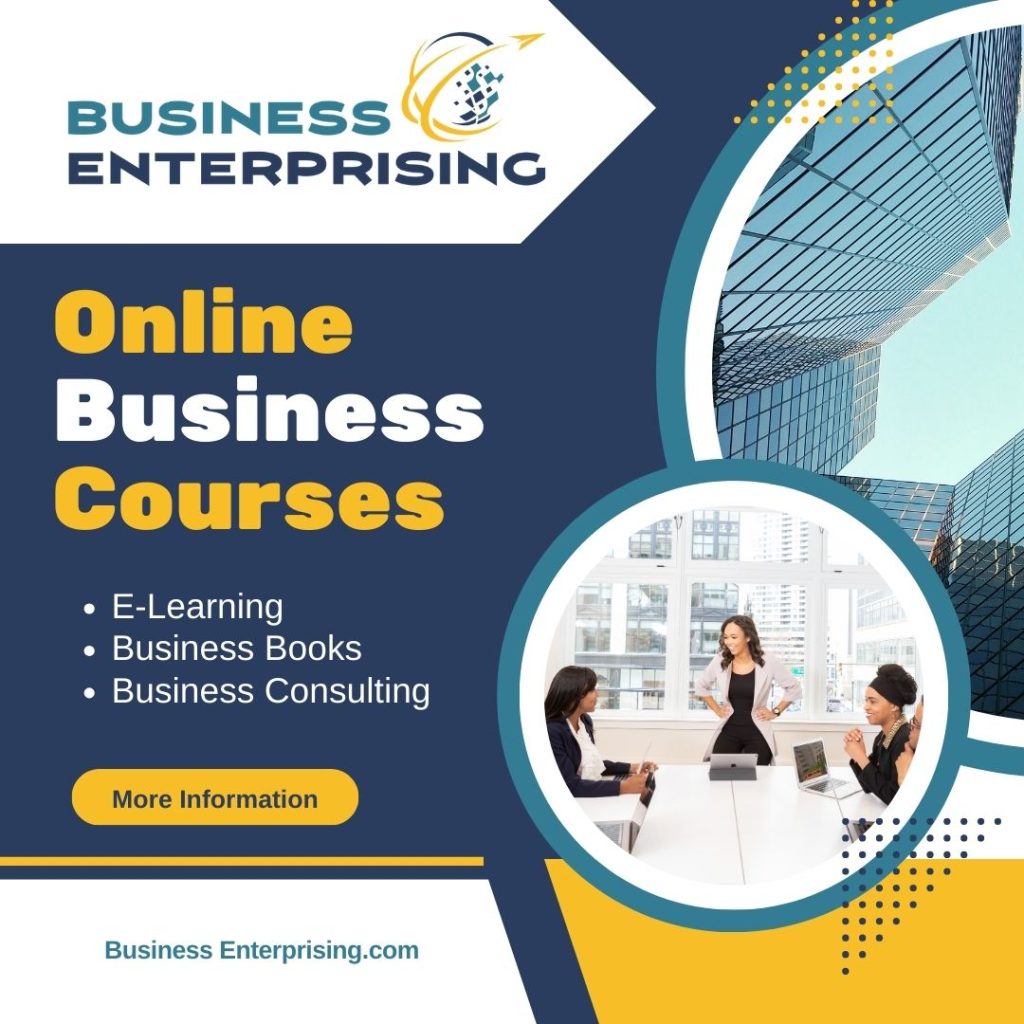
Introduction to Online Learning: Why Choose Online Courses?
Online learning has gained popularity for its flexibility and accessibility, offering a convenient option for professionals and students alike. With busy schedules and varied commitments, many people find online courses a great way to enhance their skills without sacrificing work or personal time. Whether you’re looking to advance in your career or learn a new subject, online courses can provide the knowledge you need in a format that fits your life.
One of the main reasons online courses appeal to so many is their adaptability. Most courses allow you to work at your own pace, making it easier to balance other responsibilities. Additionally, the wide variety of subjects available means you can likely find a course that aligns with your goals, from technical skills to creative pursuits. Knowing what to expect from online courses helps you plan for an engaging, structured learning experience that you can complete at your own pace.
Online courses are not only flexible but also practical for those seeking up-to-date industry insights. Many are taught by professionals who bring real-world expertise, offering insights beyond what traditional courses may provide. When you know what to expect from online courses, you can choose options that offer both knowledge and practical skills to support your personal or professional growth.
Course Structure and Format: Understanding the Typical Layout of an Online Course
When exploring what to expect from online courses, it’s helpful to understand the typical structure and format used to create an engaging learning experience. Most online courses use a combination of video lectures, readings, quizzes, and assignments. These elements work together to ensure you gain a comprehensive understanding of the subject matter and keep you actively involved.
Video lectures are a core feature in most online courses, allowing you to learn directly from instructors at your own pace. These lectures often break down complex topics into manageable sections, making it easy to absorb information without feeling overwhelmed. Readings often supplement these lectures, providing detailed explanations and additional context for topics covered in the videos. Together, these materials create a balanced approach to learning, helping you deepen your knowledge.
Quizzes and assignments play a critical role in reinforcing what you’ve learned. Quizzes are usually short and help you check your understanding as you progress. Assignments, on the other hand, require a more hands-on approach, encouraging you to apply concepts and think critically. This format not only keeps the content engaging but also ensures that you retain valuable skills and knowledge by the end of the course. Understanding what to expect from online courses helps you prepare for a well-rounded, interactive learning experience.
Interactivity and Engagement: How Online Courses Foster Learning and Collaboration
Interactivity is a key element in what to expect from online courses, as it helps foster learning and a sense of community among students. Many courses include forums where you can connect with other learners, ask questions, and share ideas. These discussions make the experience more engaging by allowing you to explore different perspectives and gain insights from your peers. Forums also provide a space for continuous learning, as you can revisit conversations or review explanations that may help clarify complex topics.
Live sessions add another layer of interaction, bringing real-time engagement with instructors and fellow students. These sessions often include Q&A opportunities, giving you the chance to ask specific questions and receive immediate feedback. Live sessions can also enhance your understanding of course material by enabling you to see how others interpret and apply the same information. This format allows you to feel more connected, even in a virtual learning environment, and provides valuable networking opportunities.
Some online courses also use group projects to build collaboration skills and encourage teamwork. Working with others on projects allows you to apply course concepts in real-life scenarios, making learning more dynamic. Group projects also help develop problem-solving and communication skills, as you collaborate to meet shared goals. Knowing what to expect from online courses with these interactive components can make your learning experience both enriching and enjoyable.
Self-Paced vs. Scheduled Courses: Finding the Right Fit for Your Learning Style
When considering what to expect from online courses, understanding the difference between self-paced and scheduled formats can help you find the right fit. Self-paced courses offer flexibility, allowing you to progress through material on your own time. This format works well if you have a busy schedule or need the freedom to learn at your own pace. You can revisit concepts as often as you like and take breaks when necessary, making it ideal for those who balance multiple responsibilities.
On the other hand, scheduled courses provide structure, with set deadlines and often live sessions. This format suits learners who prefer a consistent routine and accountability. With scheduled courses, you have regular check-ins and deadlines, which can help you stay on track and complete the course within a specific timeframe. This format is also beneficial if you enjoy interactive sessions with instructors and peers, as these courses often include live discussions and group work.
Choosing between self-paced and scheduled formats depends on your learning style and time management preferences. If you prefer flexibility and independent learning, a self-paced course might be best. However, if you thrive with structure and enjoy interacting with others, a scheduled course could be more motivating. Knowing what to expect from online courses in terms of pacing can help you select a learning experience that aligns with your goals and schedule.
Assessments and Certifications: Measuring Progress and Earning Credentials
When exploring what to expect from online courses, it’s important to understand the role of assessments and certifications. Many online courses include assessments, such as quizzes, assignments, and final exams, to gauge your understanding and progress. Quizzes often follow individual lessons or modules, allowing you to check your comprehension of key concepts before moving forward. These short assessments keep you engaged and ensure you’re retaining the material.
In addition to quizzes, assignments and projects are common in online courses, especially in subjects that require practical application. These assignments help you apply what you’ve learned in real-world contexts, deepening your understanding of the course content. Projects often encourage critical thinking and allow you to showcase your skills. Throughout the course, progress is typically tracked, providing you with updates on completed modules, scores, and overall performance.
Upon successfully completing an online course, you may receive a certification or credential, depending on the course and provider. These certifications can enhance your resume, demonstrating your commitment to learning and professional development. Some platforms offer industry-recognized certifications, which can add significant value to your career. Knowing what to expect from online courses in terms of assessments and certifications helps you prepare for both learning and recognition that can support your career goals.
Tips for Success in Online Learning: Making the Most of Your Course Experience
To succeed in online learning, setting clear goals can keep you motivated and focused. Begin by defining what you want to achieve and break down larger goals into manageable tasks. Setting weekly objectives can help you stay on track, especially if the course is self-paced. When you understand what to expect from online courses, you can prepare yourself to meet deadlines and monitor your progress.
Effective time management is essential in online learning. Create a dedicated study schedule, blocking specific times each day or week for coursework. Sticking to a routine can improve your focus and prevent procrastination. Consider treating your online course like an in-person class, where you commit to regular “attendance.” With a structured schedule, you’ll find it easier to complete assignments and stay engaged.
Engagement is another critical factor in making the most of your online learning experience. Actively participate in discussions, complete practice activities, and take thorough notes. Engaging with course materials, even in a self-paced format, reinforces what you learn and helps you retain information. Reach out to instructors or peers if you have questions, as interaction can deepen your understanding. By following these strategies, you can make the most of your online course experience and achieve your learning goals.
Conclusion
Knowing what to expect from online courses can help you choose the right program and approach it with confidence. Online courses offer flexibility, diverse content, and interactive tools that support your learning goals. By understanding course formats, engagement opportunities, and assessment types, you can prepare for a successful experience. Remember to stay organized, actively participate, and use time management strategies to make the most of your course. With these approaches, you’re well-equipped to gain valuable skills and insights through online learning.


